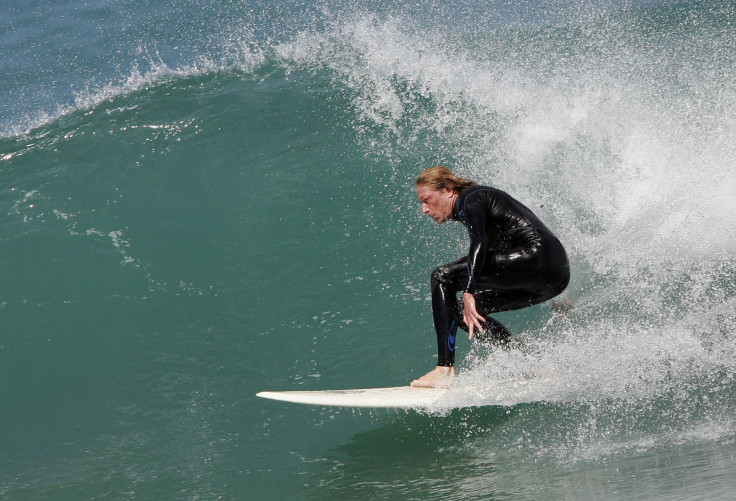Surfers, Seawater, Sewage Superbug Study: On World Oceans Day, Researchers Look Into How Antibiotic Resistance Moves From Environment To People

Are you a surfer or bodyboarder in Britain who hits the waves at least three times a month? If so, the University of Exeter Medical School wants you and a nonsurfing buddy to join its new study and contribute to science in a uniquely personal way. Scientists at the university launched their research Monday, hoping to find clues about how antibiotic resistance in nature is transmitted to humans.
Nicknamed the Beach Bums study, the research is expected to examine how antibiotic-resistant bacteria in water affects the human gut and, ultimately, human health. “Surfers regularly swallow lots more seawater than other beach users -- around 170 milliliters per session,” Anne Leonard, who is helping to lead the study, said in a release from the university. “This water may contain antibiotic-resistant bacteria, but we have no idea how this might affect the microbes that live in our guts.”
By comparing two groups -- surfers and nonsurfers -- scientists hope to shed some light on the impact of swallowing seawater on people’s insides. The university is partnering with an environmental charity, Surfers Against Sewage, for the study. People who swim and surf in coastal waters face risks of being exposed to antibiotic-resistant bacteria, like E. coli, the University of Exeter Medical School found in previous research.
“Coastal waters can still be contaminated by sewage from both animals and humans, introducing billions of potentially harmful bacteria into the ocean environment,” said Andy Cummins, campaigns director at Surfers Against Sewage.
Researchers may need strong stomachs themselves, though, in order to carry out this study, as the surfers’ guts will be tested though samples obtained from rectal swabs. They’re aiming to recruit 150 surfers and bodyboarders for the study. The British government estimated in April than an outbreak of an infection caused by antibiotic-resistant bacteria could lead to 80,000 deaths in the country.
© Copyright IBTimes 2024. All rights reserved.












